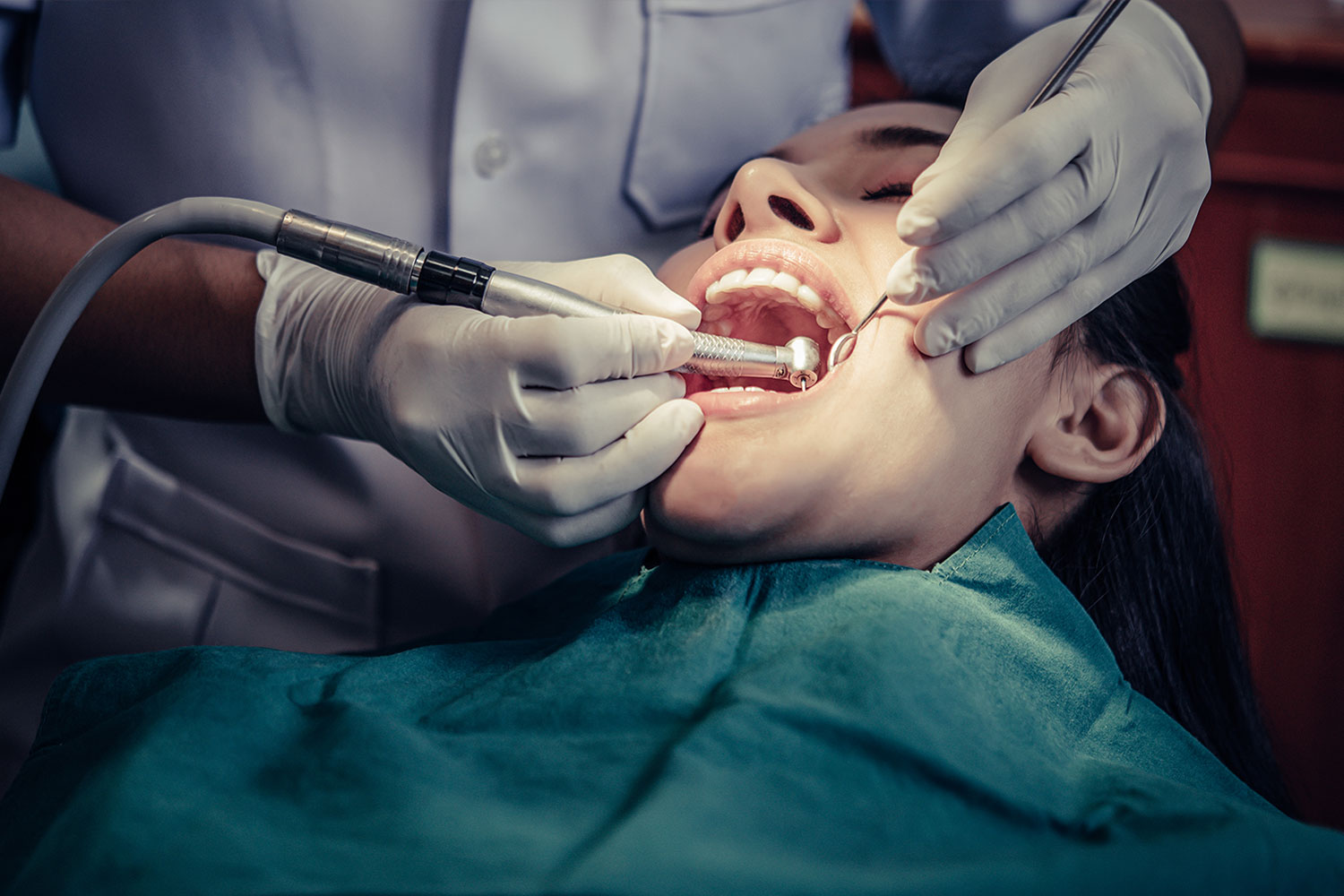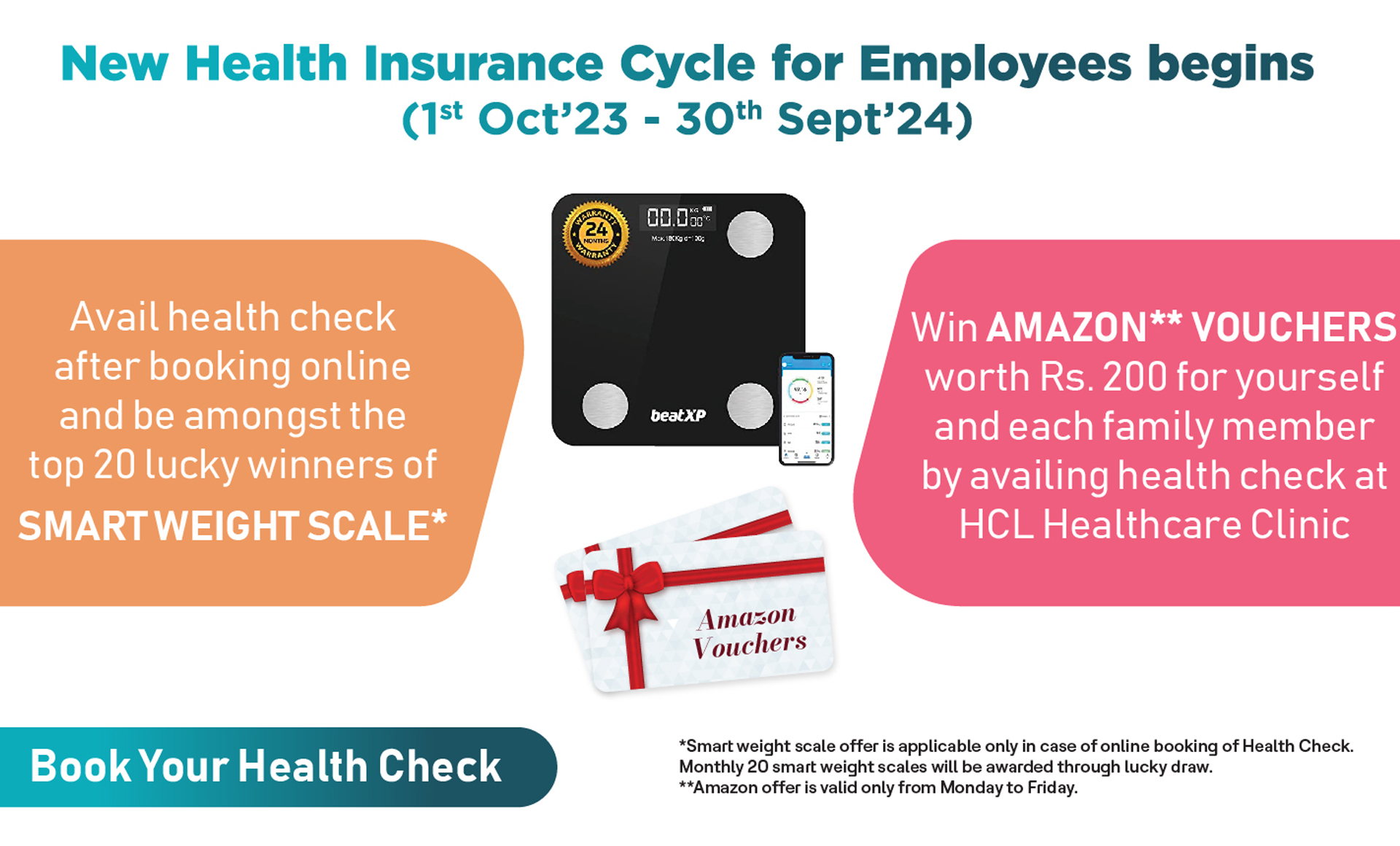Regarding your dental health, post-procedure care is just as critical as the treatment itself. After any dental procedure, from a simple filling to a more complicated root canal or extraction, it is essential to follow your dentist’s instructions and take good care of your teeth, gums, and mouth. Here are some standard dental proceduresand the post-op careinstructions you should follow aftertreatment.
Teeth Whitening
Teeth Whitening is a popular cosmetic dental procedure that helps restore your teeth’ original colour. The procedure works by removing an indispensable layer of enamel, which then takes around 48 hours to redevelop. To maximize the results of the whitening procedure, reducing your consumption of certain drinks and foods that may cause staining is essential.
These include coffee, tea, red wine, dark-colored juices, and foods that contain a lot of dye. If you want to keep your teeth white, avoiding these drinks and foods is best, or at least limit your consumption. Additionally, brush your teeth regularly with whitening toothpaste and floss to remove any plaque that could cause staining. With proper care and maintenance, you can maintain the results of your teeth whitening procedure for a long time.
Tooth Extraction
Aftertooth extraction procedure, it is important to avoid disturbing the treatment area. Gauze can be used to control any bleeding, while ice bags can be used to reduce pain and swelling. Eating only soft foods for the first few days is recommended, and avoiding drinking through straws, smoking or swishing liquids. Additionally, avoid chewing with the side of your jaw that had the extraction for at least 24 hours. Over-the-counter pain relievers may be taken to reduce discomfort and speed up the healing process. Finally, make sure to stay well hydrated by drinking plenty of water.
Root Canal Treatment
Root Canal Treatment is vital to preserving your dental health and should be done with the utmost care. After the procedure is complete, taking an over-the-counter pain medication such as ibuprofen or acetaminophen within one hour of completion is essential. This will help to reduce any discomfort once the anaesthesia wears off.
In addition to taking the pain medication, it is essential to chew only with the opposite jaw of where the root canal was performed until a permanent crown or filling is applied. Chewing gum and other sticky candies can dislodge the temporary crown or filling and should be avoided.
It’s also recommended to brush and floss your teeth as usual, but avoid the area where the root canal was performed. Finally, attend follow-up appointments and practice good dental hygiene to ensure a successful root canal treatment.
Dental Implant
A dental implant’s post-procedure care steps are essential to ensure its successful integration into the jawbone. After having a dental implant, applying cotton gauze with light pressure is essential to control the bleeding for about 30 minutes. Avoid brushing your teeth for eight hours after the procedure, and brush gently for the next few days. Also, avoid rinsing your mouth with mouthwash for 24 hours after the dental implant.
It is also essential to take special care when eating for the first 24 hours, as the area could be tender. Stick to soft foods like scrambled eggs, mashed potatoes, yogurt, or applesauce. Additionally, you should avoid hard, crunchy foods at this time.
To ensure a successful dental implant, you should also refrain from smoking for at least 48 hours after the procedure. In addition, it is important to keep the area clean after the implant, so brushing and flossing regularly is essential. It is also important to attend all follow-up appointments with your dentist to ensure the implant is healing properly.
Fixing of Dental Crown and Bridge
Taking care of your dental crown and bridge after the procedure is essential. When the anaesthesia wears off, wait a few hours before eating or drinking anything. Then, floss your crown regularly, just as naturally floss your teeth, and use a floss beneath bridges to remove food particles. Avoid hard foods, such as candies, nuts, and ice, that could damage the dental crown. If there is discomfort or an uneven bite after the procedure, schedule an appointment with your dentist to adjust it. Additionally, if you have bruxism or teeth grinding, wear a night guard to protect your crown and bridge. Taking care of your crown and bridge will ensure it lasts many years.
For patients seeking dental care, their treatment, and things to consider after a dental procedure, contact our HCL Dental Care in Noida.



